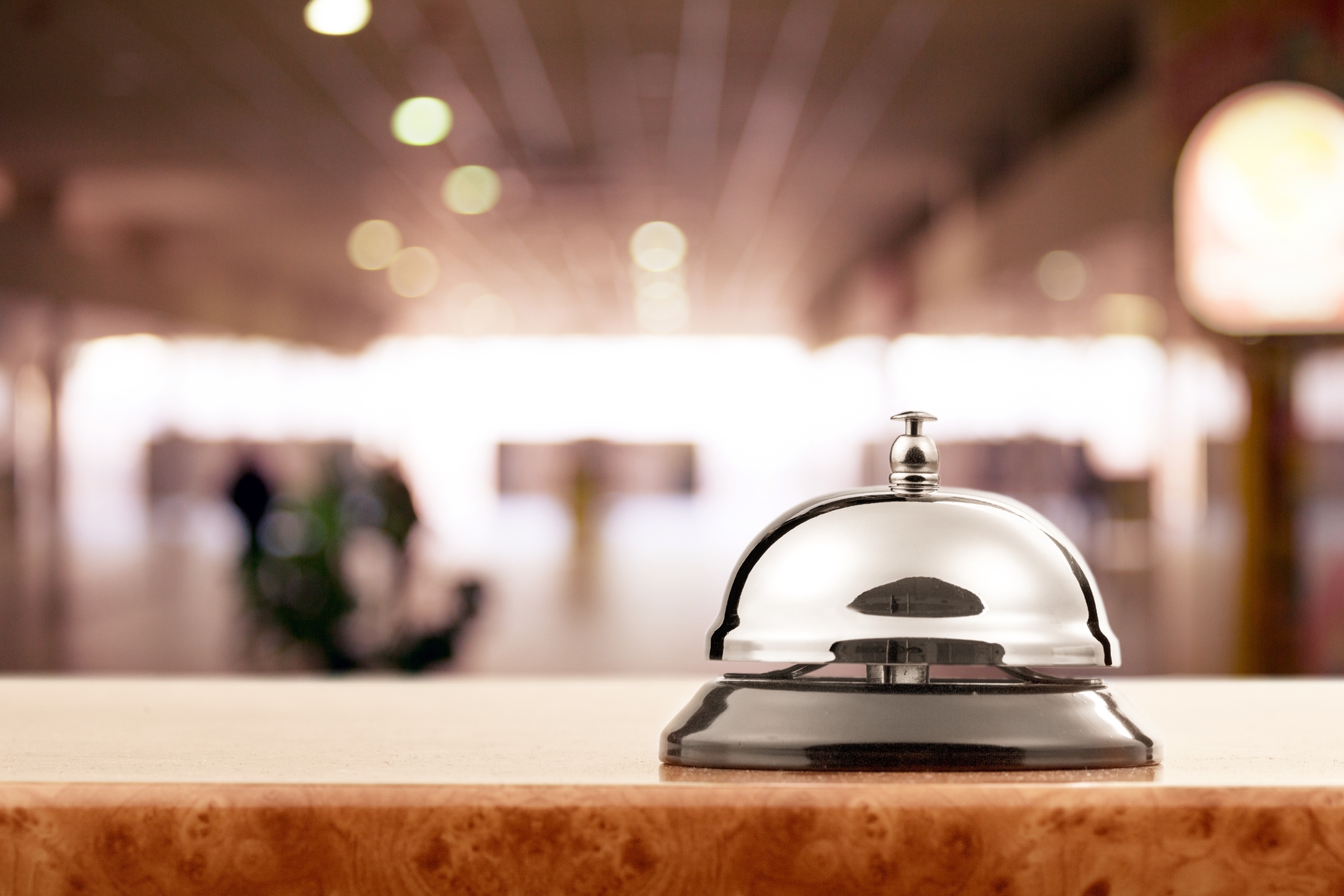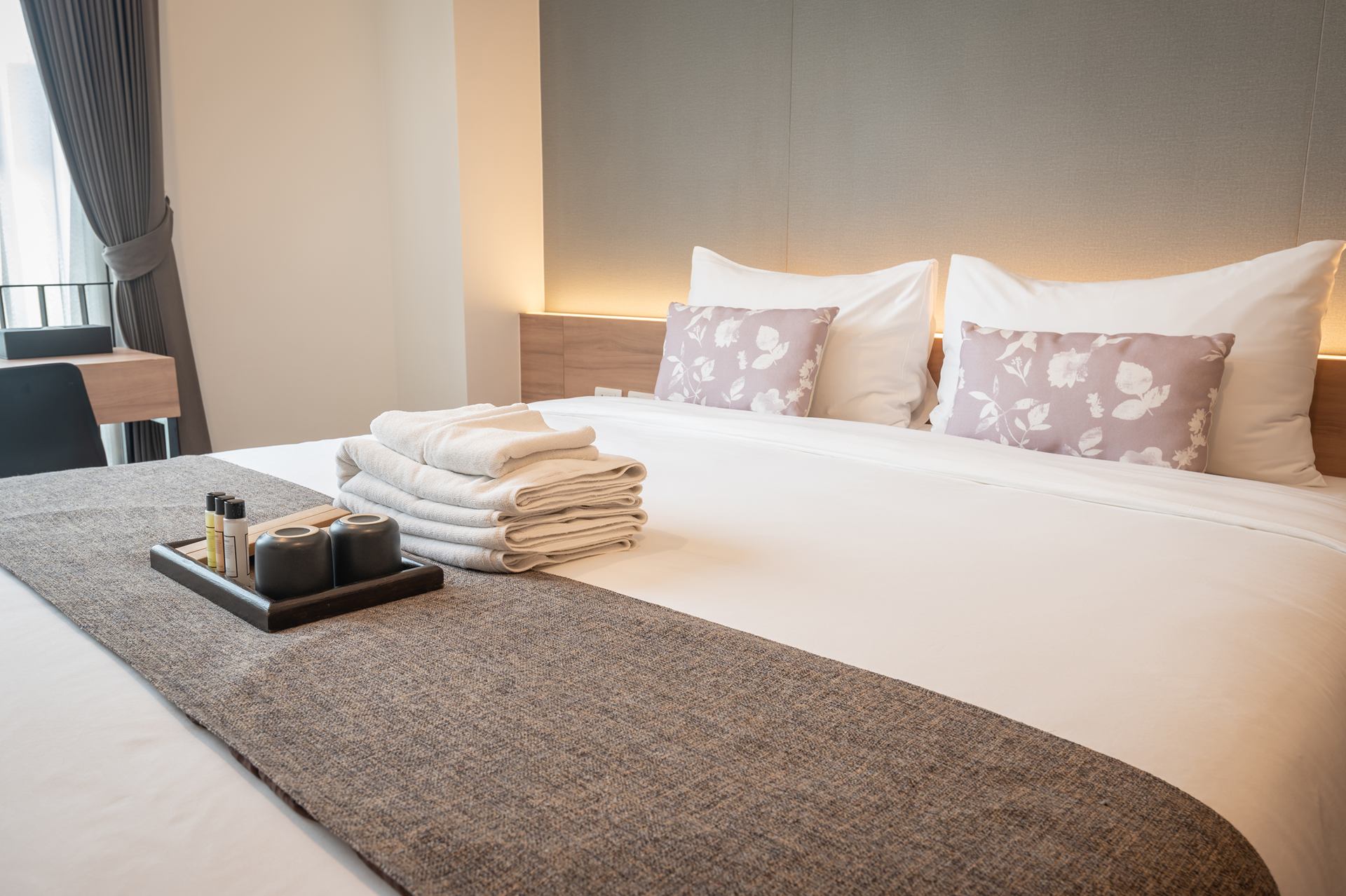What is the price to buy a hotel? A Step-by-Step Guide
What is the price to buy a hotel? A Step-by-Step Guide

If you've ever dreamed of owning your own hotel, you're not alone. Many people are drawn to the idea of running a hospitality business and welcoming guests from around the world. But before you can turn that dream into a reality, you need to understand the process of buying a hotel and, of course, the price tag that comes with it.
How to buy a hotel: Step-by-step guide

Before we dive into the specifics of hotel prices, let's first explore the step-by-step process of buying a hotel. This will give you a better understanding of the various factors that can influence the price and help you make an informed decision.
1. Set your goals and criteria
Before you start your search for a hotel, it's important to set clear goals and criteria. What type of hotel are you looking for? What location do you prefer? How many rooms should it have? By defining your goals and criteria upfront, you can narrow down your options and focus on properties that meet your specific requirements.
2. Determine your financing
Once you have a clear idea of what you're looking for, it's time to consider your financing options. Buying a hotel is a significant investment, and you'll likely need a substantial amount of capital. Explore different financing options, such as loans or partnerships, and determine how much you can afford to invest.
3. Market analysis
Before making an offer on a hotel, it's crucial to conduct a thorough market analysis. This involves researching the local hospitality industry, understanding the demand for hotels in the area, and analyzing the competition. A comprehensive market analysis will give you insights into the potential profitability of the hotel and help you determine its value.
4. Due diligence
Before finalizing the purchase, it's essential to perform due diligence. This includes reviewing financial statements, inspecting the property, and assessing any potential risks or liabilities. Hiring a professional team of lawyers, accountants, and inspectors can help ensure a smooth due diligence process and provide you with the necessary information to make an informed decision.
5. Financial projections
As part of the buying process, you'll need to create financial projections for the hotel. These projections should take into account factors such as occupancy rates, average daily rates, and operating expenses. By analyzing the financial potential of the hotel, you can estimate its value and negotiate a fair price.
6. Offer & negotiation
Once you've completed your due diligence and financial projections, it's time to make an offer and negotiate the purchase price. Keep in mind that negotiations can be complex, and it's important to remain flexible and open to compromise. Working with a skilled real estate agent or business broker can help streamline the negotiation process and increase your chances of securing a favorable deal.
7. Paperwork & closing
After reaching an agreement on the purchase price, the final step is to complete the paperwork and close the deal. This involves signing legal documents, transferring ownership, and ensuring all necessary permits and licenses are in place. Working with a lawyer specializing in hotel acquisitions can help ensure a smooth and legally compliant closing process.
What influences the price of a hotel?

Now that you have a better understanding of the step-by-step process of buying a hotel, let's explore the factors that can influence the price of a hotel. It's important to note that hotel prices can vary significantly depending on various factors, including:
- Location: The location of the hotel plays a significant role in determining its price. Hotels in prime tourist destinations or major cities are generally more expensive compared to those in less popular areas.
- Size and amenities: The size of the hotel and the amenities it offers can also impact the price. Hotels with more rooms and additional facilities such as swimming pools, restaurants, and conference rooms tend to have higher price tags.
- Revenue and profitability: The financial performance of the hotel, including its revenue and profitability, can influence its price. A hotel with a strong track record of generating high revenue and profit margins will likely have a higher price.
- Market conditions: The current state of the hospitality market can also affect hotel prices. During times of high demand and limited supply, prices may be inflated. On the other hand, during economic downturns or periods of low demand, hotel prices may be more affordable.
Educational and Conversational and Millennials

When considering the price of buying a hotel, it's important to take into account the educational and conversational trends in the industry, particularly among millennials. Millennials are increasingly interested in unique and experiential travel experiences, which has led to the rise of boutique hotels and eco-friendly accommodations.
As a hotel buyer, it's essential to understand these trends and adapt your investment strategy accordingly. Investing in a hotel that caters to the preferences of millennials can increase its potential for success and profitability. Consider factors such as sustainability, technology integration, and personalized experiences when evaluating the price and potential return on investment.
Conclusion

Buying a hotel is an exciting endeavor that requires careful planning, research, and financial considerations. Understanding the step-by-step process and the factors that influence hotel prices can help you make an informed decision and secure a favorable deal. Remember to set clear goals, conduct thorough due diligence, and work with professionals in the industry to ensure a smooth and successful hotel acquisition.